Refine listing
Actions for selected content:
2326 results in Cambridge Elements
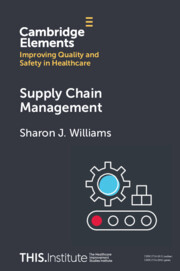
Supply Chain Management
-
- Published online:
- 05 December 2024
- Print publication:
- 09 January 2025
-
- Element
-
- You have access
- Open access
- HTML
- Export citation
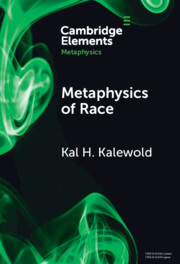
Metaphysics of Race
-
- Published online:
- 05 December 2024
- Print publication:
- 16 January 2025
-
- Element
- Export citation
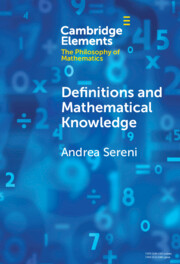
Definitions and Mathematical Knowledge
-
- Published online:
- 05 December 2024
- Print publication:
- 16 January 2025
-
- Element
- Export citation
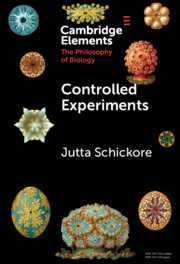
Controlled Experiments
-
- Published online:
- 04 December 2024
- Print publication:
- 09 January 2025
-
- Element
- Export citation
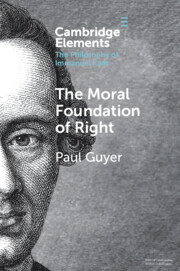
The Moral Foundation of Right
-
- Published online:
- 04 December 2024
- Print publication:
- 16 January 2025
-
- Element
- Export citation
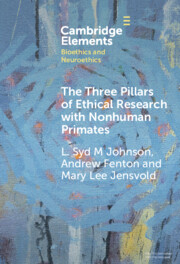
The Three Pillars of Ethical Research with Nonhuman Primates
- A Work Developed in Collaboration with the National Anti-Vivisection Society
-
- Published online:
- 04 December 2024
- Print publication:
- 02 January 2025
-
- Element
-
- You have access
- Open access
- HTML
- Export citation
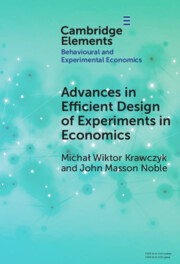
Advances in Efficient Design of Experiments in Economics
-
- Published online:
- 04 December 2024
- Print publication:
- 16 January 2025
-
- Element
- Export citation
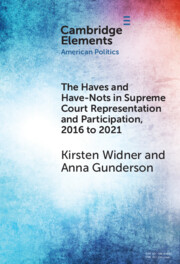
The Haves and Have-Nots in Supreme Court Representation and Participation, 2016 to 2021
-
- Published online:
- 04 December 2024
- Print publication:
- 09 January 2025
-
- Element
- Export citation
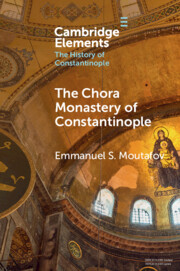
The Chora Monastery of Constantinople
-
- Published online:
- 04 December 2024
- Print publication:
- 09 January 2025
-
- Element
- Export citation
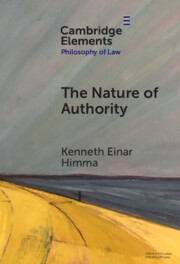
The Nature of Authority
-
- Published online:
- 04 December 2024
- Print publication:
- 09 January 2025
-
- Element
- Export citation
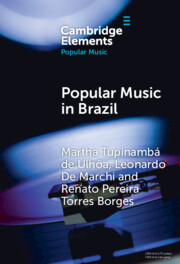
Popular Music in Brazil
- Identity, Genres and Industry
-
- Published online:
- 04 December 2024
- Print publication:
- 12 December 2024
-
- Element
- Export citation
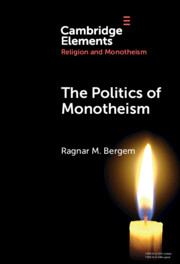
The Politics of Monotheism
-
- Published online:
- 04 December 2024
- Print publication:
- 02 January 2025
-
- Element
- Export citation
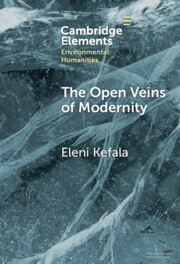
The Open Veins of Modernity
- Ecological Crisis and the Legacy of Byzantium and Pre-Columbian America
-
- Published online:
- 04 December 2024
- Print publication:
- 02 January 2025
-
- Element
- Export citation
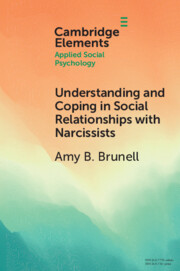
Understanding and Coping in Social Relationships with Narcissists
-
- Published online:
- 04 December 2024
- Print publication:
- 16 January 2025
-
- Element
- Export citation
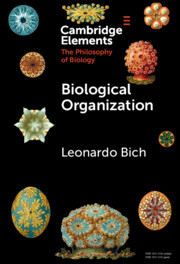
Biological Organization
-
- Published online:
- 04 December 2024
- Print publication:
- 09 January 2025
-
- Element
-
- You have access
- Open access
- HTML
- Export citation
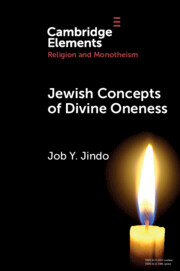
Jewish Concepts of Divine Oneness
- A Comparative Introduction
-
- Published online:
- 04 December 2024
- Print publication:
- 09 January 2025
-
- Element
- Export citation
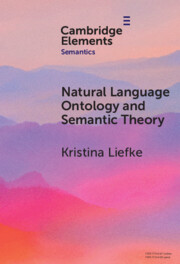
Natural Language Ontology and Semantic Theory
-
- Published online:
- 04 December 2024
- Print publication:
- 27 February 2025
-
- Element
- Export citation
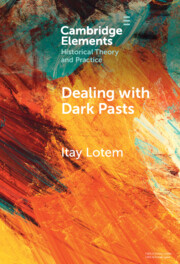
Dealing with Dark Pasts
- A European History of Auto-Critical Memory in Global Perspective
-
- Published online:
- 04 December 2024
- Print publication:
- 16 January 2025
-
- Element
- Export citation
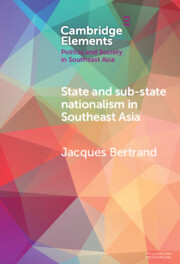
State and Sub-State Nationalism in Southeast Asia
-
- Published online:
- 04 December 2024
- Print publication:
- 09 January 2025
-
- Element
- Export citation
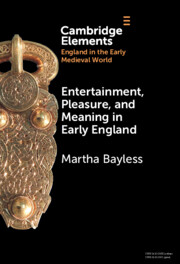
Entertainment, Pleasure, and Meaning in Early England
-
- Published online:
- 04 December 2024
- Print publication:
- 02 January 2025
-
- Element
- Export citation
